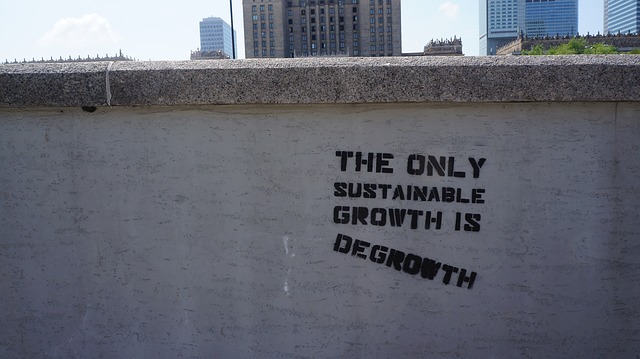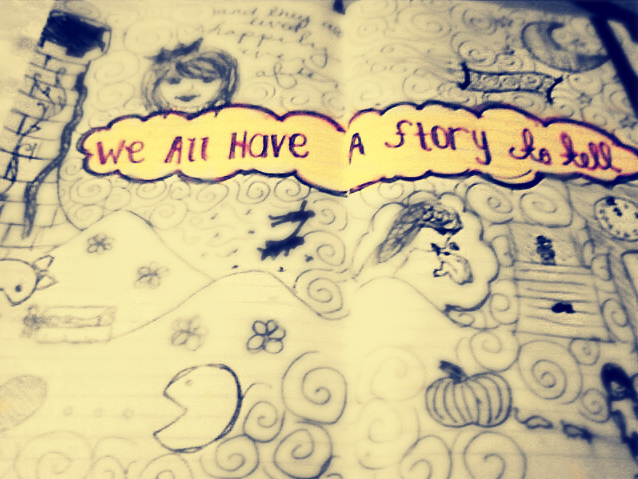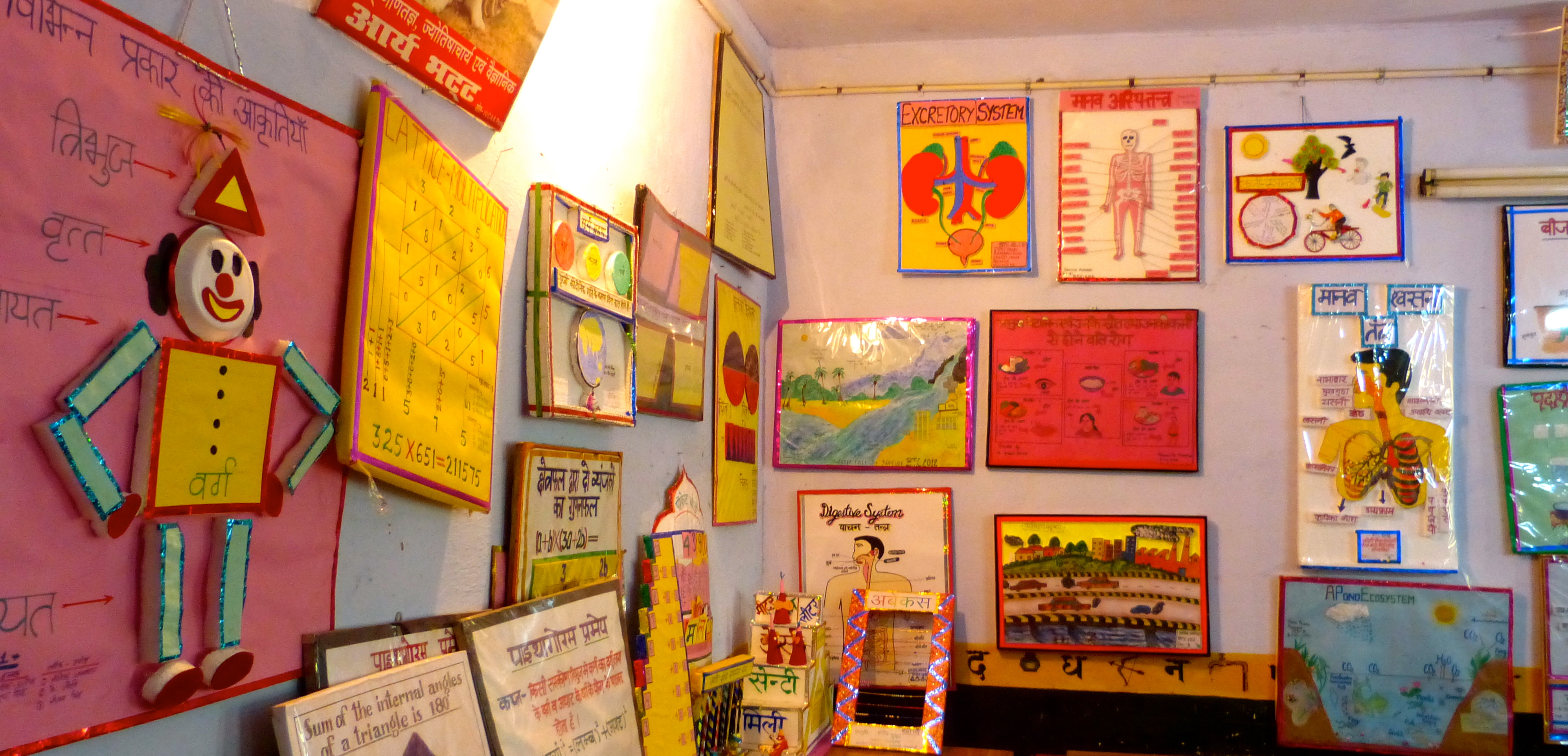I was at the OCWC Conference in Bali last week, representing the OER Research Hub. For reasons too tedious to mention this was actually my first OCWC conference. Most conferences are a mixture of plusses and minuses so here are mine for this one.
Plusses:
There were some great people here, I got to hang out with Cable Green, Steve Carson, Donna Gaudet, Fred Mulder, Jos Rikers, Una Daly, Rory McGreal and many more. Like many conferences it is this interaction that occurs around the presentations that is actually the most important.
The significance of OER in Asia and Indonesia was emphasised through several announcements. This marks a real step of maturity for OER – it’s not just an interesting thing done by a few academics but seen as a real solution to some of the educational issues on the global scale.
Rory McGreal announced the publication of a free ebook on OERs (featuring a chapter from our own Patrick McAndrew and Rob Farrow): http://www.col.org/resources/publications/Pages/detail.aspx?PID=446
The one theme that I did pick up (see below though) was the shift in to helping frame policy at a national level. Cable Green gave a great presentation on the Open Policy Network (it was a shortened version of this presentation: http://www.slideshare.net/cgreen/open-policy-network-seeking-community-input)
A very interesting paper was that from Sandra Peter and Markus Diemann, which offered a challenging theoretical perspective on openness. I think as OER matures, we need more of this type of research. You can read a related article of theirs at OpenPraxis.
Bali was lovely, although as I was only there for three days I didn’t get to see much of it, and the conference was well organised, well done to the team.
Minuses
Well, maybe minuses is putting it too strongly, but some things I felt as a first time participant:
A lot of people know each other at this conference, so there’s maybe a sense that it’s the same crowd talking to each other.
No one theme seemed to emerge for me. Policy came up a few times, but it seemed to be more of a progress type conference. My feeling is that this represents a good thing in some ways – OER have reached a level of maturity now and so what is being reported is not the initial evangelism or start up projects, but successful implementation. But often one goes away from a conference thinking ‘this really brought this problem to my attention’, and I didn’t have that sense from OCWC.
More research! Okay, I would say that, and I missed a lot of interesting looking sessions because they were parallel to the ones I was in. But the best paper for me was from John Hilton, part of David Wiley’s OpenEd Group who are really demonstrating savings and also trying to account for all other variables in student performance using open textbooks. We need more of this stuff.
Formats of presentations were quite traditional, I would have liked to have seen a bit more experimentation around this, but that’s me.
And the big elephant in the corner of the room, sometimes acknowledged, was MOOCs. Have they stolen OER’s thunder? Are they just a subset of OER? Are they an OER victory? I think there was an interesting strand here that could have been developed more.
So my suggestion for the next OCWC (not that anyone’s asking) is for it to have a strong theme, and maybe looking at producing something, to take a bit from the barcamp approach, and to reach out to other communities.
It’s in Ljubljana, Slovenia, so I hope to be able to make that one, where we’ll have lots more OER Hub results to report. I’ll leave you with the rather lovely closing ceremony from our generous Balinese hosts (it starts in the wrong orientation, then flips after a few seconds):






Thanks for your interesting report! I found a tiny typo: It should be Markus Deimann, not Markus Diemann!